War is so unjust and ugly that all who wage it must try to stifle the voice of conscience within themselves
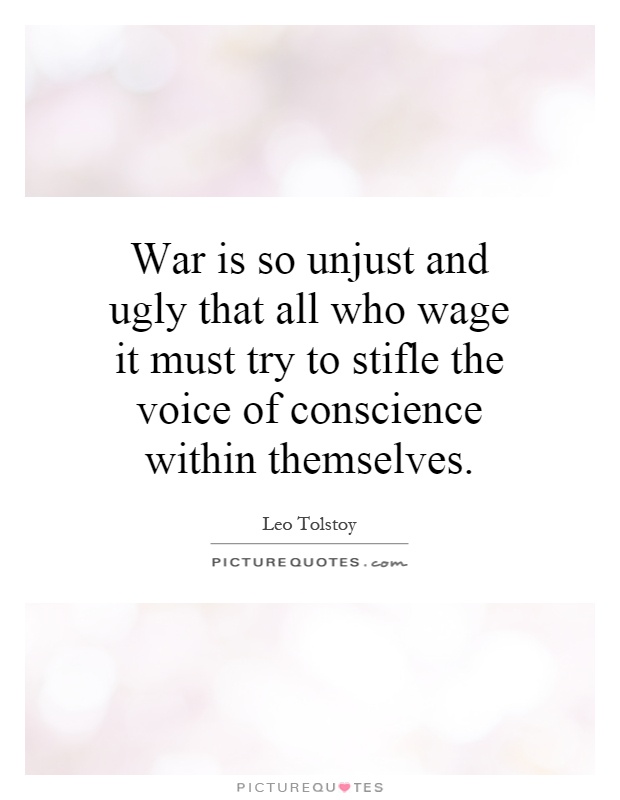
War is so unjust and ugly that all who wage it must try to stifle the voice of conscience within themselves
Leo Tolstoy, the renowned Russian writer and philosopher, was a staunch advocate for peace and non-violence. Throughout his life, he spoke out against the horrors of war and the devastating impact it has on humanity. Tolstoy believed that war was not only unjust and ugly, but also a violation of the fundamental principles of morality and conscience.In his famous work, "War and Peace," Tolstoy explores the futility and senselessness of war, depicting the suffering and destruction it brings to individuals and societies. He believed that those who wage war must silence their conscience in order to justify their actions, as the voice of morality and compassion within them would condemn the violence and bloodshed that war entails.
Tolstoy's condemnation of war was deeply rooted in his belief in the inherent goodness of humanity and the power of love and compassion to overcome hatred and conflict. He saw war as a manifestation of the worst aspects of human nature – greed, aggression, and the desire for power and domination. Tolstoy believed that those who engage in war are driven by selfish motives and a disregard for the sanctity of life, and that they must suppress their conscience in order to carry out their destructive actions.
For Tolstoy, the only way to truly achieve peace and justice in the world was through a rejection of violence and a commitment to non-violent resistance. He believed that individuals had a moral obligation to resist war and injustice, even at great personal cost. Tolstoy's philosophy of non-violence and his belief in the power of love and compassion to transform society continue to inspire generations of peace activists and advocates for social change.


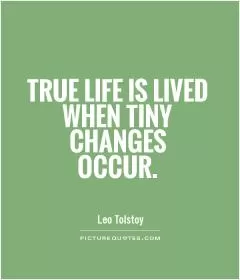
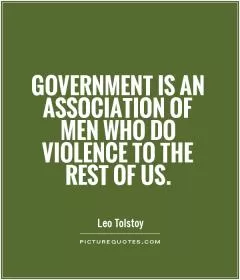
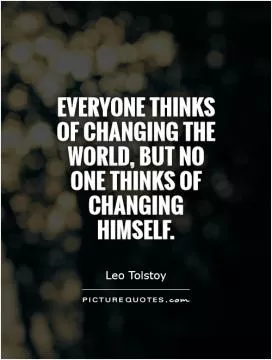
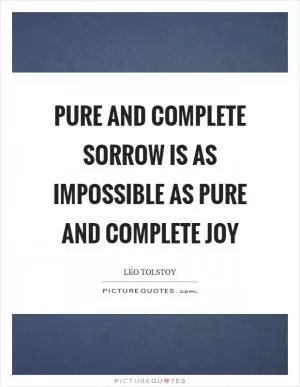

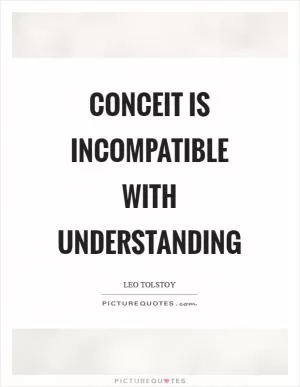

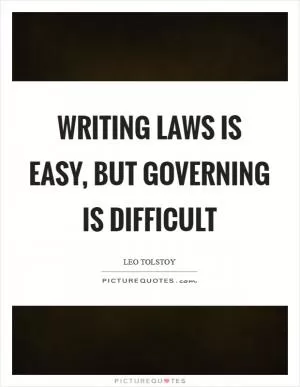
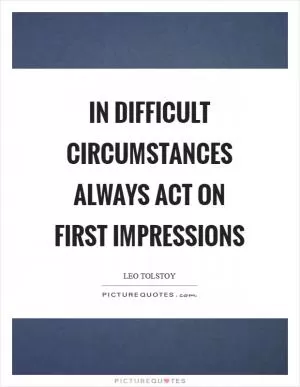
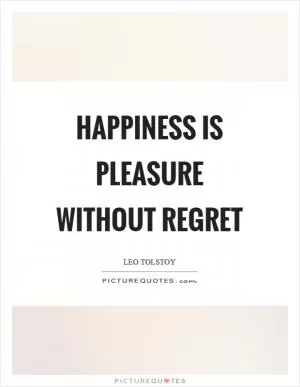
 Friendship Quotes
Friendship Quotes Love Quotes
Love Quotes Life Quotes
Life Quotes Funny Quotes
Funny Quotes Motivational Quotes
Motivational Quotes Inspirational Quotes
Inspirational Quotes